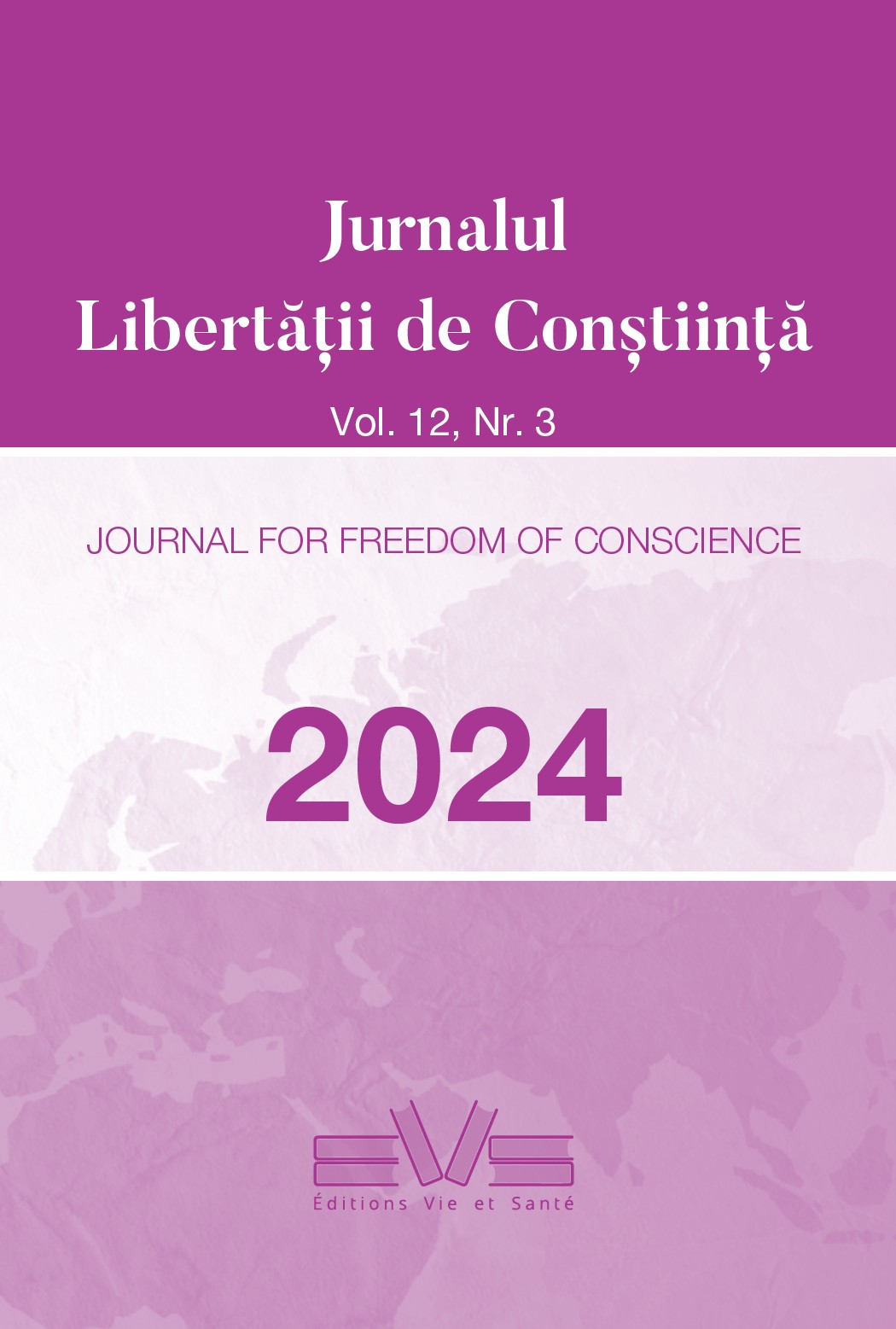PARADOXURI ŞI IPOTEZE ALE COMUNICĂRII ÎN CONTEXTUL PLURALISMULUI RELIGIOS ȘI IMPACTUL ACESTORA ASUPRA SOCIETĂȚII
Paradoxes and assumptions of communication in the context of religious pluralism and their impact on society
Author(s): Samuiel BâlcSubject(s): Social Sciences, Media studies, Communication studies, Theology and Religion, Theory of Communication, Sociology of Religion, Philosophy of Education
Published by: Editions IARSIC
Keywords: paradox; hypothesis; communication; religious pluralism; society;
Summary/Abstract: Religious pluralism, defined as the peaceful coexistence and interaction between different religious traditions in a society, requires effective communication to promote mutual understanding, respect and social harmony. Communication plays an essential role in navigating the complexities and sensitivities involved in interfaith interactions, facilitating dialog, reducing tensions and building bridges between different communities. This article explores the paradoxes and assumptions of communication in the context of religious pluralism. In a world increasingly characterized by diverse religious beliefs and practices, effective communication is essential to promote understanding, respect and coexistence between different religious communities. The study explores the inherent contradictions and theoretical frameworks that shape inter-religious dialogue, examining how these dynamics influence social harmony and conflict resolution. At the same time, this article explores the multiple dimensions of the role of communication in the context of religious pluralism, analyzing its importance, the challenges it faces, effective strategies and its impact on society.
Journal: Jurnalul Libertății de Conștiință
- Issue Year: 12/2024
- Issue No: 3
- Page Range: 69-91
- Page Count: 23
- Language: Romanian

